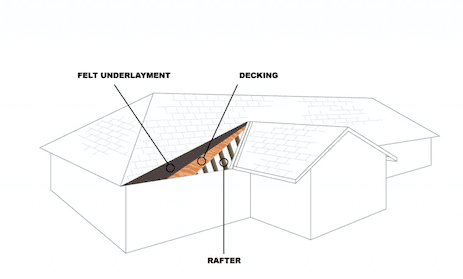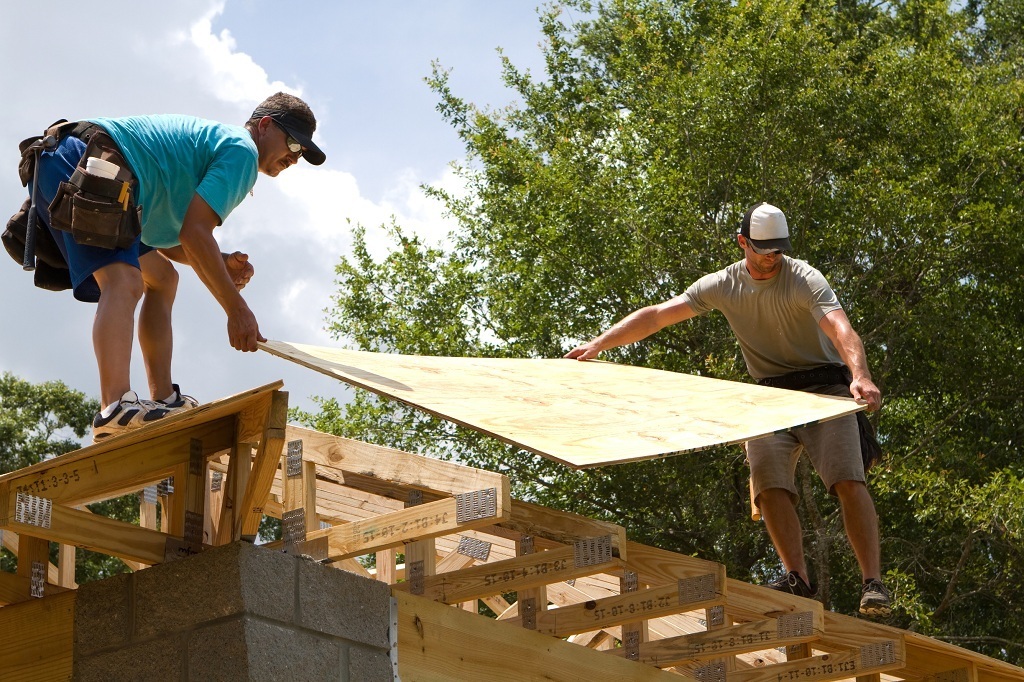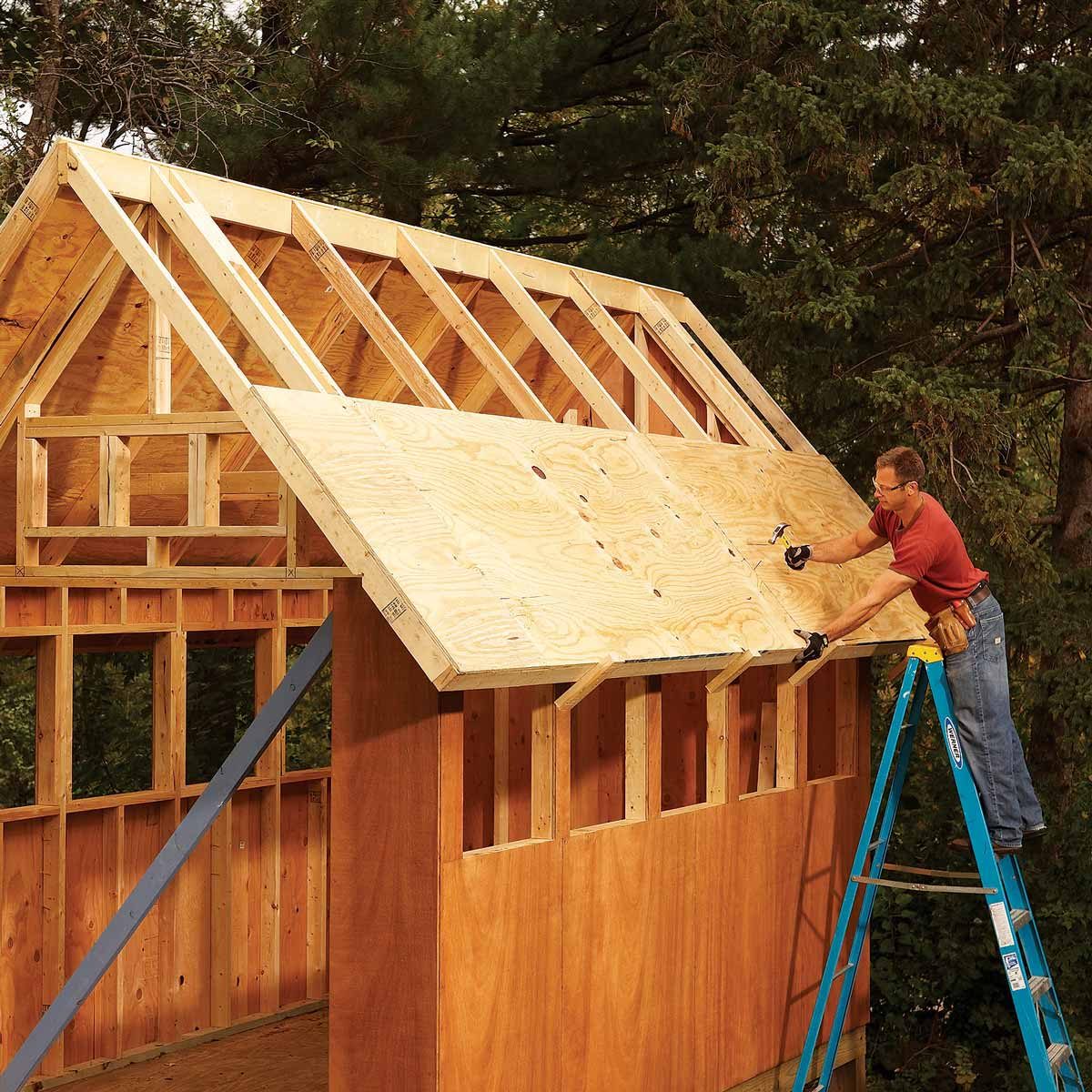This is especially true in wisconsin where we see extreme weather in the summer and winter will eventually wear down shingles over time leaving small vulnerable spaces in your roofing.
Soft spot on roof but plywood looks good.
Most roofs have plywood sheeting underneath the roofing tiles or shingles.
It came out smooth as a baby butt with not one spot or loose area.
These soft spots usually form when the layer underneath gets soaked due to gaps in the shingles.
The roof on the passenger side between the front ac unit and the middle ac unit was holding water and felt soft.
Over the course of a 25 30 year lifetime even the highest quality roof will begin to show cracks.
Without good attic ventilation your roof gets extremely hot.
If there is inadequate ventilation the probability of moisture buildup and then mold mildew growth is much higher.
I prepped it well and applied contact cement in sections about 2 feet log.
Wood should never be soft.
And that extreme heat can damage both your shingles and the wood decking below them and causing your roof to feel soft when walking on it.
The other thing we were able to do is reinforce the cavities around the ac opening.
I put an epdm roof on a little homemade tt with a plywood roof.
Inadequate attic ventilation can also cause your shingle roof to feel spongy or bouncy.
That dip in the roof with a soft spot indicates that you should have your roof repaired asap.
Most roofs have plywood sheeting underneath the roofing tiles or shingles.
The reason for these soft spots is that the layer underneath is probably very soaked due to gaps in the shingles cause over time and weather changes and the water is seeping through the sheeting.
This can be a result of the plywood sheeting becoming wet from rain above or from moisture not being able to escape from below and leading to mold mildew growth on the wood.
Prime spots in the attic for wood rot are on the underside of the roof decking in the joints where the wood members connect at the peak of the roof and at the edges of.
What causes soft spots on roofs.
Over the period of manufacturer s designated roof lifetime of 25 to 30 years that plywood is exposed to heat in the summers heavy rains and the winter weather and cold dampness it brings.





























